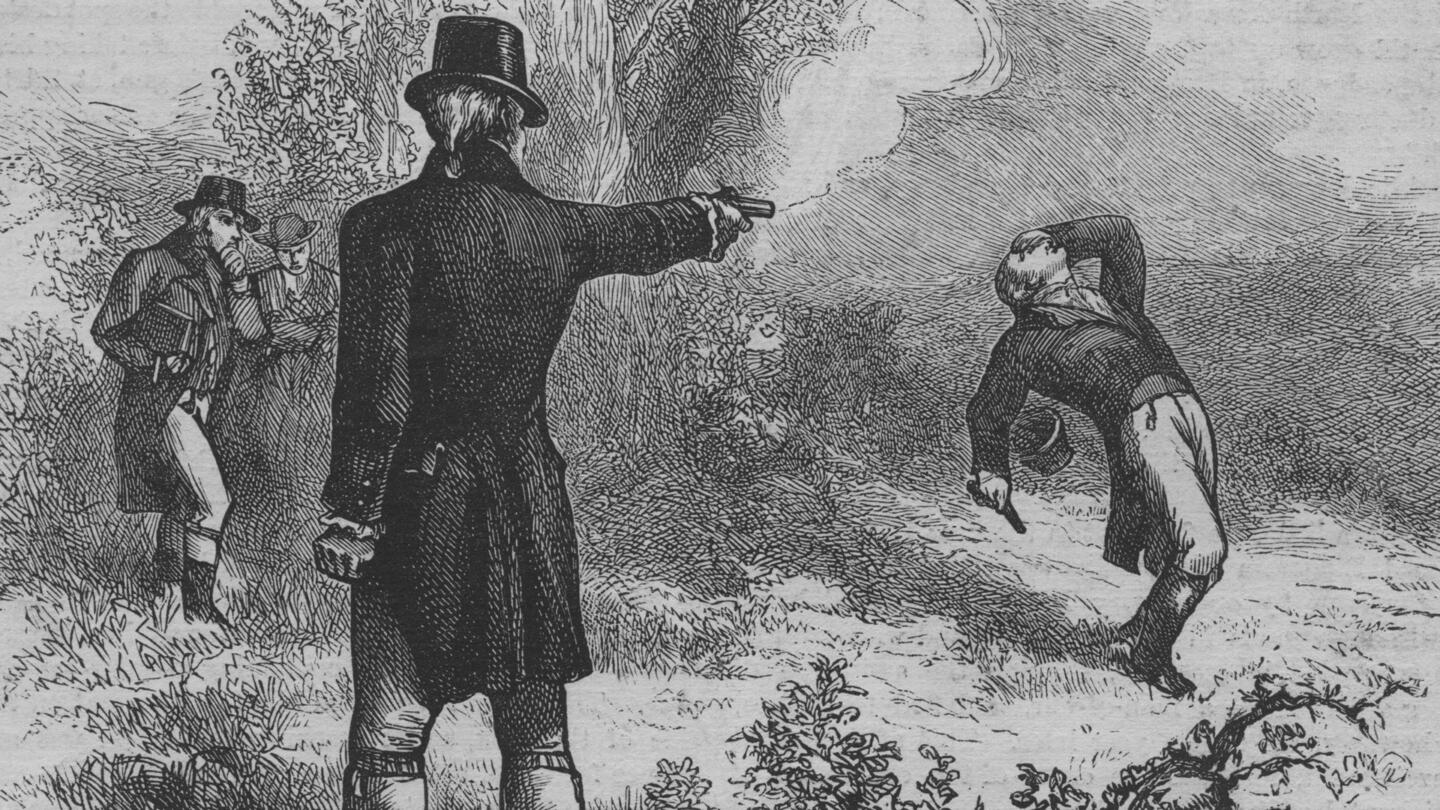I think Llpoh and Bennie would make fine friends. They have a hatred in common.
Authored by Ben Bernanke via The Brookings Institute,
I must admit I was appalled to hear of Treasury Secretary Jack Lew’s decision last week to demote Alexander Hamilton from his featured position on the ten dollar bill. My reaction has been widely shared, see for example here, here, here, here, and here.
Hamilton, the first Secretary of the Treasury, would qualify as among the greatest of our founders for his contributions to achieving American independence and creating the Constitution alone. In addition to those accomplishments, however, Hamilton was without doubt the best and most foresighted economic policymaker in U.S. history. As detailed in Ron Chernow’s excellent biography, as Treasury Secretary Hamilton put in place the institutional basis for the modern U.S. economy. Critically, he helped put U.S. government finances on a sound footing, consolidating the debts of the states and setting up a strong federal fiscal system. The importance of Hamilton’s achievement can be judged by the problems that the combination of uncoordinated national fiscal policies and a single currency has caused the Eurozone in recent years. Reflecting on those parallels, as Fed chairman I recommended Chernow’s biography to Mario Draghi, the president of the European Central Bank. Mario told me that he read it with great interest.
Hamilton also played a leading role in creating U.S. monetary and financial institutions. He founded the nation’s first major bank, the Bank of New York; and, as Chernow points out, Hamilton’s 1791 Report on the Mint set the basis for U.S. currency arrangements, which makes his demotion from the ten dollar bill all the more ironic. Importantly, over the objections of Thomas Jefferson and James Madison, Hamilton also oversaw the chartering in 1791 of the First Bank of the United States, which was to serve as a central bank and would be a precursor of the Federal Reserve System.
In the nineteenth century, a principal public role of central banks was to control banking panics, as the Bank of England would do quite successfully. Unfortunately, in large part because of populist opposition, neither the First Bank of the United States nor its successor, the Second Bank of the United States, would have their charters renewed. President Andrew Jackson led the opposition to the Second Bank, vetoing a bill passed by Congress to continue its operations. The expiration of the Second Bank’s charter in 1836 likely worsened the very severe Panic of 1837, which was followed by a prolonged economic depression. The United States would go on to suffer numerous banking panics that would hamper its economic and financial development over the rest of the century.
Hamilton’s demotion is intended to make room to honor a deserving woman on the face of our currency. That’s a fine idea, but it shouldn’t come at Hamilton’s expense. As many have pointed out, a better solution is available: Replace Andrew Jackson, a man of many unattractive qualities and a poor president, on the twenty dollar bill. Given his views on central banking, Jackson would probably be fine with having his image dropped from a Federal Reserve note. Another, less attractive, possibility is to circulate two versions of the ten dollar bill, one of which continues to feature Hamilton.
I was in government long enough to know that decisions like this have considerable bureaucratic inertia and are accordingly hard to reverse. But the Treasury Department should do everything within its power to defend the honor of Jack Lew’s most illustrious predecessor.
* * *
So.. keep Hamilton (pro-Fed) but dump Jackson (anti-Fed)…
Did Bernanke just become the internet’s biggest troll? Of course, Bernanke has already reserved the $100 trillion bill for his own omnipotent likeliness.










 Marker Denoting the First Anti-Federalist Rebellion by American Patriots
Marker Denoting the First Anti-Federalist Rebellion by American Patriots



